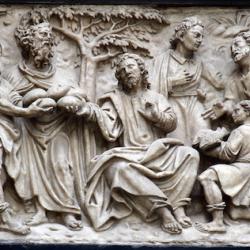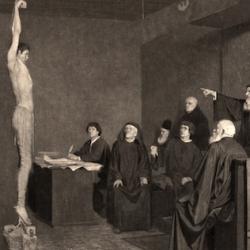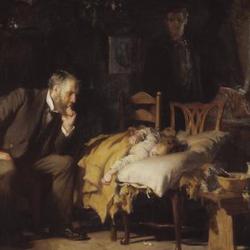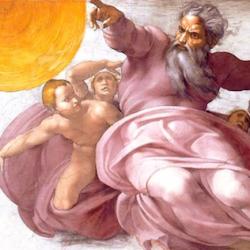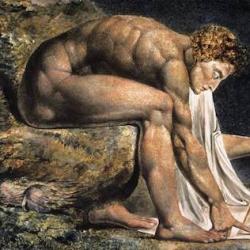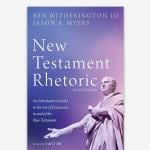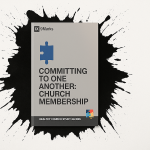What is tragedy? Some might think that it’s an easy question to answer. Crack open the nearest copy of Aristotle’s Poetics, and there you have it. It’s not so easy. What Chaucer meant by tragedy is not what Aristotle met, and in the modern age Hegel proposed a different theory of tragedy with predictably Gnostic overtones. To make things complicated, A.C. Bradley’s classic study of Shakespearean tragedy reads Shakespeare Hegelianly. Let’s refine the question: What is a Shakespearean tragedy? To... Read more


